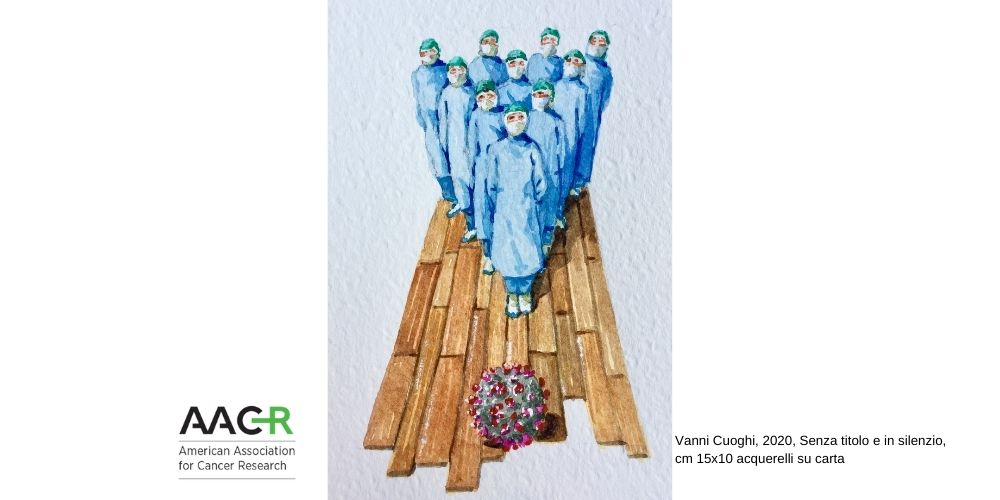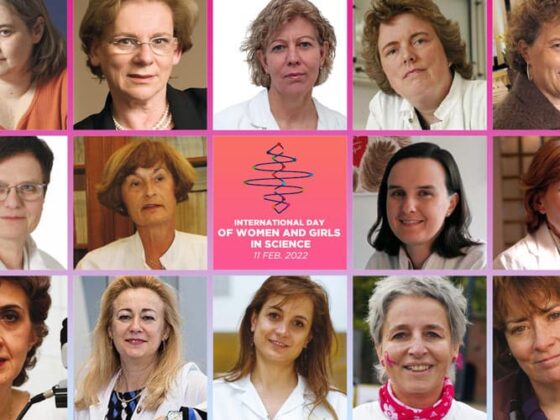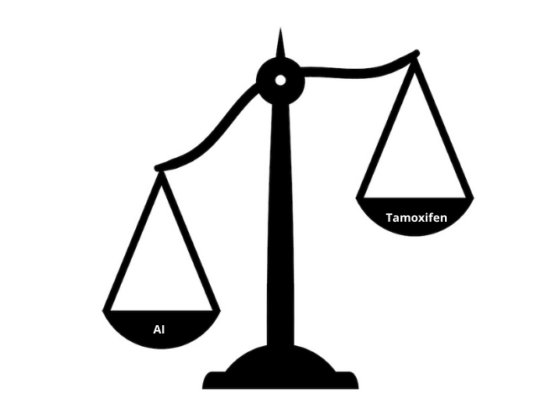The American Association for Cancer Research (AACR) has issued ‘a call to action’ to build on lessons learnt from Covid-19 to modernize cancer patient care. The ‘ACCR Report on the Impact of Covid-19 on Cancer Research and Patient Care’, published 9 February, revealed while the pandemic had taken its toll on cancer research, prevention and screening, some of the adjustments to clinical research and practice necessitated by the emergency have potential to improve cancer patient care.
“The Covid-19 pandemic has highlighted the importance of basic science, cancer prevention, cancer screenings, and addressing cancer disparities,” said Margaret Foti, chief executive of AACR. “To restore the momentum against cancer, we urge Congress to continue its long-standing commitment to supporting cancer research.”
Research indicates patients with cancer are at an increased risk for both Covid-19 infection and severe disease. In the US in 2020, the risk of Covid-19 infection was seven times higher in patients diagnosed with cancer compared to those with no history of the disease. Furthermore, patients with haematological cancers and those receiving B cell-targeted therapeutics, such as CAR T-cell therapy, show poor response to available vaccines, and the pandemic resulted in 10 million missed cancer screenings from January to July 2020. Impaired referrals for preliminary cancer diagnoses have been calculated to be responsible for an 11% increase in patients diagnosed with inoperable or metastatic cancer during March to December 2020 compared to the same period the previous year.
Racial and ethnic minority populations and other medically underserved populations, the report found, shouldered disproportionate burdens of Covid-19. Notably, black patients with breast or prostate cancer were at more than five times higher risk of Covid-19 infection compared to individuals who were white. Furthermore, ethnic minority populations were more affected by pandemic-related disruptions to the cancer care continuum.
The pandemic also had negative effects on careers of cancer researchers. According to a recent AACR survey, nearly 100% of respondents reported severe interruptions in their research and career advancements during the pandemic, with 87% experiencing lost productivity and 61% indicating they had missed career advancement opportunities. “Ensuring that medical research remains a priority for our nation’s policy makers is essential if we are to re-establish the momentum against cancer,” said Dr Antoni Ribas, president of the AACR.
Cancer and Covid-19 research are inexorably linked. The AACR report details how decades of investment in cancer science and medicine led to the development of mRNA-based Covid-19 vaccines at unprecedented speeds. In turn, the success of the Covid-19 vaccines has renewed enthusiasm for mRNA-based cancer immunotherapies.
Telemedicine represents a patient care opportunity that was brought into focus during the pandemic. In July 2021, use of telemedicine for health needs was 38 times higher than before the pandemic, with 43% of users wanting to continue using telehealth for health care beyond Covid-19. “Moving forward, implementing telehealth for the routine care needs of patients with cancer offers a blueprint for broader and more permanent implementation of telemedicine, with the potential to reduce physician burnout and improve patient care,” write the report authors.
In the call to action, AACR suggests steps Congress should take to rebuild the US public health infrastructure include:
Off-setting pandemic-related research costs by providing at least $10 billion for the National Institutes of Health,
Enacting policies broadening health care coverage and reducing inequities in access to health care,
Increasing diversity in clinical trials and alleviating the financial burden on prospective trial participants by reimbursing patients for ancillary trial-related costs, such as transportation and accommodation.
The report also provided moving accounts of the way lives of cancer patients had been impacted by Covid-19. Rachel Orth, a patient with advanced gastric cancer from Arlington, Texas, recounted how her entry into a clinical trial was delayed by a month when her husband tested positive and she had to quarantine. “Which feels like a long time when you’ve been given a really poor prognosis of months to a year to live,” said Rachel, whose first oncology appointment was conducted on zoom. “I think cancer is probably the most isolating experience of my life. Going through that during the pandemic, which is another very isolating experience, was traumatizing.”
Wenora Johnson, from Joliet, Illinois, explained how the pandemic had delayed her yearly colonoscopy screening appointment. When Rachel, who has the inherited condition Lynch syndrome predisposing her to certain cancers, finally had the test after four months it came back with three precancerous polyps. “It really brought home to me the effects of what Covid has done. It made me realize just how important these scans are -they’re lifesaving for me,” said Wenora.
Larry Saltzman, from Sacramento, California, explained how CART-T cell therapy for chronic lymphocytic leukaemia has depleted his body of B cells with the result he cannot benefit from the protection usually conferred by vaccination. Instead, he has to rely on the people around him getting vaccinated. “Ultimately that protects me from this infection. And it’s very hard to stomach when I hear about people who are vaccine hesitant,” said Larry.
Illustration: Vanni Cuoghi, 2020, Senza titolo e in silenzio, cm 15×10 acquerelli su carta












